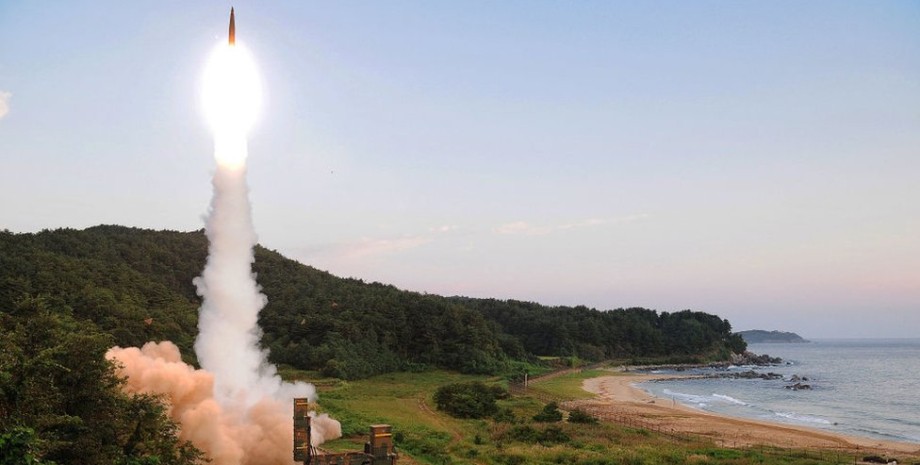
"The world stands on the verge of climatic apocalypse - caused not by gradual emissions of greenhouse gases, but by a sudden exchange of nuclear weapons, the possibility of which has become even more apparent due to the current conflict between India and Pakistan," the material reads. According to the authors of the publication Ted Nordhaus and Mark Linas, it is a mistake to believe that the exchange of nuclear warheads in regional conflict can have limited consequences for the whole world.
Analysts consider the variant of events when India bombs Islamabad and Pakistan attacks Mumbai in response. In such circumstances, it will be difficult to avoid further escalation of the conflict. In addition, the problem will arise when other nuclear weapons will not be able to determine what and where it flies. "Moreover, as soon as intercontinental ballistic missiles will find themselves in the air, other countries with nuclear weapons are almost impossible to determine where they are heading.
The leaders in Washington, Moscow and Beijing would need to decide whether to run their own weapons in minutes. " As a result, one regional nuclear conflict can develop into a greater one that will have consequences for the entire planet. Analysts consider several variants of scenarios for the deployment of the consequences of nuclear war: for the deployment of the worst scenario, humanity can expect an end, the authors assure.
At the same time, they claim that global warming is not an existential problem, while the nuclear war will change the planet to irreversible consequences for months or several years. We emphasize that the scenarios set out in the deployment of the consequences of nuclear war are the opinion of the authors of The Wall Street Journal. A similar study of the likely effects of nuclear war on the planet has released Council on Strtegic Risks Analysts on April 25.










All rights reserved IN-Ukraine.info - 2022